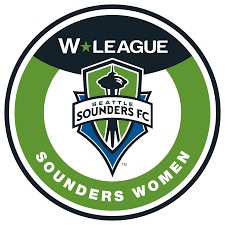SoccerToday Youth Soccer Coaches Interview Series
A former player for the University of Portland where she earned First Team All-West Coast Conference honors, Kim Calkins is now the Technical Director for Washington Youth Soccer. Calkins was also a member of the U.S. U-21 and Women’s National Team pools and was drafted in 2000 by the Boston Breakers of the WUSA, the first women’s professional soccer league.
Since retiring as a player in 2002, energetic and well spoken Kim Calkins has accumulated 15 years of coaching experience at the youth, high school, collegiate and national levels. As Washington Youth Soccer’s Technical Director, and now the new Head Coach for WPSL’s Sounders Women, Calkins has an impressive and extensive experience in soccer — and has even occasionally provided color commentary for Seattle Reign FC broadcasts.
Previously, Calkins served as the Gonzaga University Assistant Coach from 1999-2000, and shared her talents with Spokane SC Shadow, Eastside FC and Washington Premier FC. Calkins took over as the Program Director for the Washington Youth Soccer Elite Player Development Program (EPD) and Coaching Education administration in 2013, and during that time has also served as a coach and scout for the U.S. Soccer National Training Centers.
Calkins also led the Washington Youth Soccer recreational, select and TOPSoccer programs. Calkins received her U.S.S.F. National “B” Coaching License this past spring and is working toward the National “A” License.
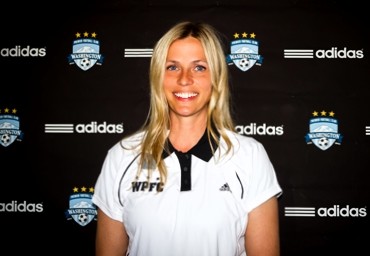 As part of SoccerToday’s ongoing series on Top Youth Coaches, here is our interview with Kim Calkins, Technical Director for Washington Youth Soccer.
As part of SoccerToday’s ongoing series on Top Youth Coaches, here is our interview with Kim Calkins, Technical Director for Washington Youth Soccer.
Diane Scavuzzo: What is your coaching philosophy?
Kim Calkins: The simplified version is work hard and have fun. If players can bring work ethic and fun to practices and games, then we have a created a great environment to unpack all there is to learn and develop as players and a team to develop technically and tactically.
Diane Scavuzzo: What has coaching taught you?
Kim Calkins: Coaching soccer teaches me about the game and life. I am constantly having to learn and get better.
Diane Scavuzzo: What is the biggest problem in youth soccer today?
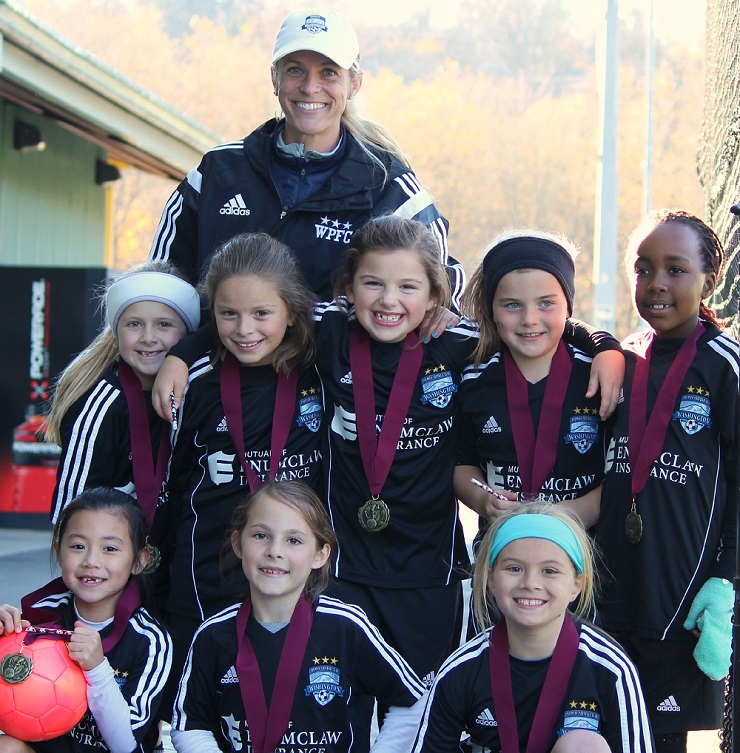 Kim Calkins: Youth soccer’s pathways and options can become confusing and diluted for parents when making youth soccer choices.
Kim Calkins: Youth soccer’s pathways and options can become confusing and diluted for parents when making youth soccer choices.
It’s a large financial investment for many families. There is a growing sentiment of unmet expectations for all the money and time devoted, and from this — there has grown distrust and bitterness.
Soccer organizations, not always having a backbone and speaking up regarding what is best for the game, waste energy and time on being too concerned about appeasing their consumer — the parents.
In some areas of youth sports, there is not enough accountability for soccer leadership and in other areas of youth soccer there is too much bureaucracy to ever be able to accomplish something meaningful and impactful for the game.
Parents protecting their kids from failing and, as an unintended result, kids are not learning an important life lesson in perseverance and how to come back stronger and better.
Diane Scavuzzo: How confused do you think typical soccer parents are regarding all the various paths for player development?
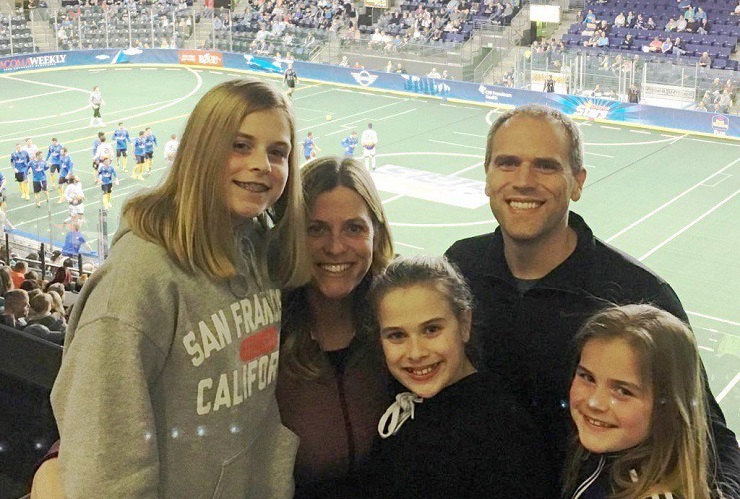 Kim Calkins: With competing youth organizations, there is not always full disclosure of all options available to players and their parents. Unfortunately, some families have felt compelled and guided to do it all. There are too many leagues and organizations trying to claim credit for good players and this can be misleading.
Kim Calkins: With competing youth organizations, there is not always full disclosure of all options available to players and their parents. Unfortunately, some families have felt compelled and guided to do it all. There are too many leagues and organizations trying to claim credit for good players and this can be misleading.
Diane Scavuzzo: What needs to change in youth soccer?
Kim Calkins: Coaches are fortunate in this country to be paid as well as they are for coaching youth soccer. Unfortunately, we have many paid professionals who are not always professional.
On the soccer front, we have not been able to develop the youth in the Men’s game to be one of the top in the world. As a State Association member of Region IV in US Youth Soccer, we often explain to our parents a contributing factor to the domination of Cal South in the youth game occurs because of population numbers – besides the obvious weather.
Youth soccer players in the United States are often hard-working, but with lower Soccer IQs. There are plenty of activities to take up their thoughts and time.
Not enough youth players and coaches take the time to watch soccer games and learn from the game. This is imperative for the growth and future of understanding the sport in our country.
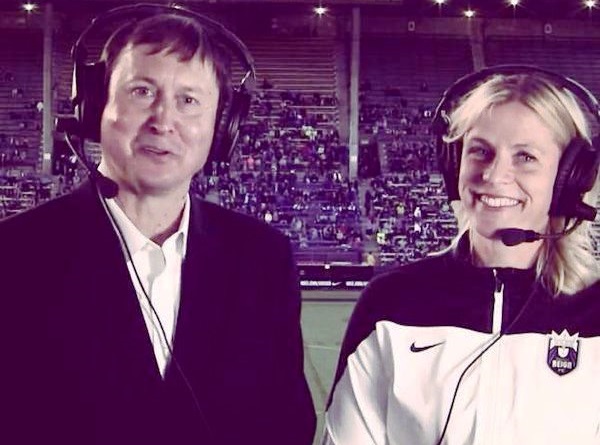
Diane Scavuzzo: How has soccer changed since you became involved?
Kim Calkins: I believe the two largest changes in the youth soccer game –since I have been involved as a youth player and coach — have been small-sided games and the concern over head impacts.
Diane Scavuzzo: What do you think U.S. Soccer needs to do to help soccer be more successful in the USA?
Kim Calkins: I believe we need to continue to explore our soccer DNA.
It’s been clear that the players from the United States often thrive in a hard-working culture.
Diane Scavuzzo: What makes a coach successful?
Kim Calkins: Players who get better –in at least one facet of the game or life
Diane Scavuzzo: What do you think U.S. Soccer needs to do to help soccer be more successful in the USA?
Kim Calkins: U.S. Soccer has been very busy in getting involved with the youth game this past year. This is definitely a recent development and I look forward to having technical leaders in our country provide leadership for the youth game.
Diane Scavuzzo: What do you want to achieve in the next 12 months?
Kim Calkins: As a coach, I want to get smarter and better. I want to teach, develop players & teams. I want to identify strengths of players. I want to win games.
Most importantly, I want to teach players to learn how to face adversity and overcome failure.
As a State Technical Director, I want to work collaboratively across the state to create a singular competitive structure in Washington.
I look forward to working with with state soccer experts and area leaders to programmatically provide the best possible technical and tactical growth for the players and coaches — at all levels of the game.
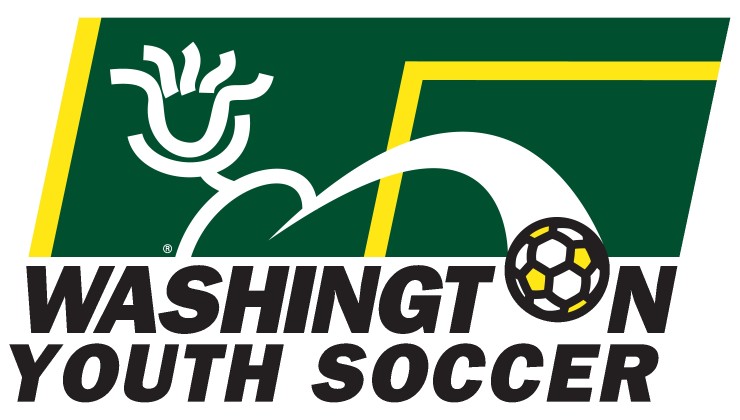 Diane Scavuzzo: How do you think small sided games will benefit development?
Diane Scavuzzo: How do you think small sided games will benefit development?
Kim Calkins: It’s been proven from experts in the game far smarter than myself that small sided games will be a huge benefit for developing all-around better soccer players in our country.
Diane Scavuzzo: And, what are your thoughts on the birth year mandate?
Kim Calkins: It has not been an easy change for many different levels of the game. Participating and watching different groups work through the birth year mandates, I have observed that there appears to be many problems created — the more people try to manipulate their own solution to it.
If there is anything positive in having to make an overhaul change within the youth system – it forces youth soccer groups locally and nationally to get in the same room and have conversations. Perhaps conversations can lead to a real collaborative effort for improvement in the game across all levels and across the entire country.
Diane Scavuzzo: If you could pick any superpower, what would it be and why?
Kim Calkins: To be in two places at once and get more done.
Diane Scavuzzo: What do you consider to be one of your coaching strengths?
Kim Calkins: I always enjoy the puzzle and solving problems. How do we bring this team together? How do we teach each individual player and achieve and learn and grow as people and soccer players?
Diane Scavuzzo: Who is your greatest role model or mentor?
Kim Calkins: Personally, Sarah Rafanelli was one of my earliest soccer role models who made a significant impact in what I understood to be possible as a young female soccer player.
I lived in Spokane, WA but my oldest brother went off to Stanford when I was in the 2nd grade. My parents would load us in the suburban and drive us to California to visit. They knew I loved soccer and took me to watch the Stanford Women’s Soccer team play. Sarah was my favorite player on the team and gave me a first glimpse of what was possible to achieve.
My coaching role model is Clive Charles. I was always learning from him and his depth of knowledge was incredible. He also brought a great balance of humor, competition, and honesty to the game for which I am forever thankful for.
Clive Charles would tell us in the lessons we were learning on the field — that they were lessons he was teaching us for life.
Diane Scavuzzo: Who is your favorite soccer team? Who do you root for behind closed doors?
Kim Calkins: Favorite soccer team is either my own kids’ teams and/or whichever team I am coaching at that time. After that – Seattle Reign FC, Seattle Sounders FC, Real Madrid, and University of Portland.
I root for the Portland Timbers and Portland Thorns behind closed doors as Portland was a soccer home to me for years.


